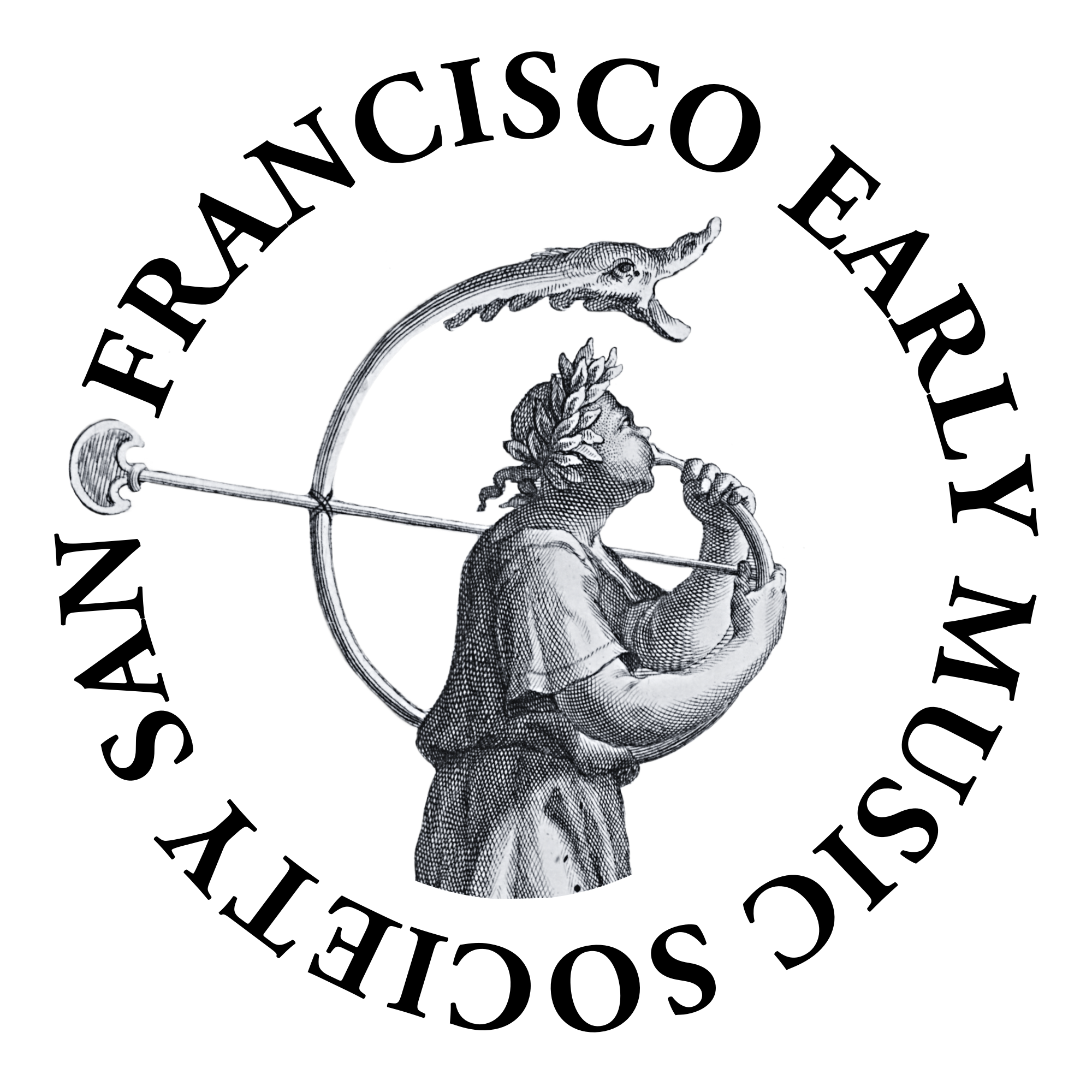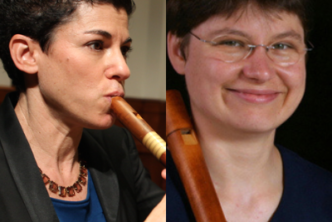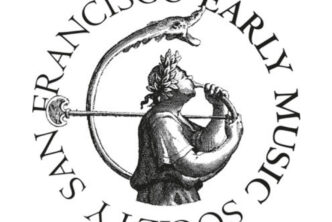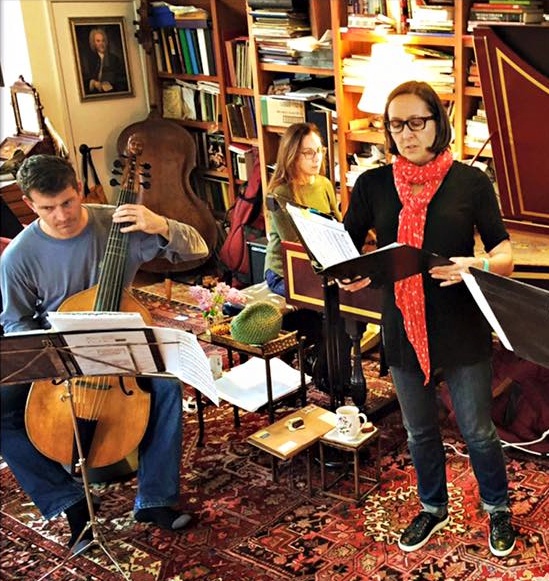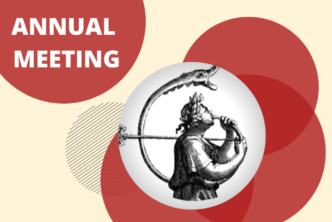by Warren Stewart

On the weekend of September 25–27, Magnificat will perform a program of music by Claudio Monteverdi and contemporaries. Grammy Award-winning tenor Aaron Sheehan returns to interpret the Testo role in Il Combattimento di Tancredi e Clorinda, and renowned soprano Christine Brandes makes her Magnificat debut in the role of Clorinda. Brandes will also sing Monteverdi’s ‘love letter,’ Se i languidi miei sguardi. Other of the composer’s madrigals plus instrumental music by Dario Castello and Biagio Marini will complete the program. Besides Sheehan and Brandes, the ensemble will include soprano Jennifer Paulino, countertenor Andrew Rader, bass Robert Stafford, and instrumentalists Rob Diggins, Jolianne Einem, David Wilson, John Dornenburg and Jillon Stoppels Dupree, under the direction of Warren Stewart.
Claudio Monteverdi’s celebrated Il Combattimento di Tancredi and Clorinda was first performed in Venice during Carnival of 1624 at the palace of one of the composer’s patrons, though it was only published some fourteen years later in the Eighth Book of Madrigals. In the introductory notes, Monteverdi describes how the piece was first performed “as an evening entertainment, in the presence of all the nobility, who were so moved by the emotion of compassion that they almost shed tears, and who applauded, since it was a genre of vocal music never seen nor heard.” Monteverdi subtitled the Eighth Book Madrigali guerrieri et amorosi con alcuni opuscoli in genere rappresentativo (“Madrigals of war and love with some pieces in the theatrical style”), and the texts repeatedly expound the interlocking themes of love and war—the warrior as lover, the lover as warrior and the war between the sexes.

The relationship between love and war had been a common Italian poetic conceit ever since the time of Petrarch in the 14th century, and had been given additional impetus by its prominence in Torquato Tasso’s late 16th-century epic poem, Gerusalemme Liberata (“Jerusalem Liberated”). This enormously influential work dealt with the first crusade and treated in a dramatic and scenographic manner not only battles between Christian and Muslim knights, but also their love affairs, including the love between the Christian knight Tancrid and the Muslim woman Clorinda, who, disguised as a knight in full armor, fiercely fought for her side.
Monteverdi affixed an explanatory preface to the Eighth Book, a theoretically important, though sometimes confusing description of what he had tried to achieve in this music. Monteverdi explains how he “took the divine Tasso, as a poet who expresses with the greatest propriety and naturalness the qualities which he wishes to describe, and selected his description of the combat of Tancredi and Clorinda as an opportunity of describing in music contrary passions, namely, warfare and entreaty and death.” The composer describes three emotional levels, which he also calls styles. Two of these, the “soft” style (stile molle) for languishing and sorrowful emotions, and the “tempered” style (stile temperato) for emotionally neutral recitations, he says had long been in use. But the third style, the “agitated” style, (stile concitato), Monteverdi claims to have invented himself.
The concerts will take place on Friday September 25, 8:00 p.m., at First Presbyterian Church in Palo Alto; Saturday, September 26, 8:00 p.m., at First Congregational Church in Berkeley; and Sunday, September 27, 4:00 p.m., at First Lutheran Church in San Francisco. Tickets are available at magnificatbaroque.tix.com or by phone at 800-595-4849. Read more . . .

